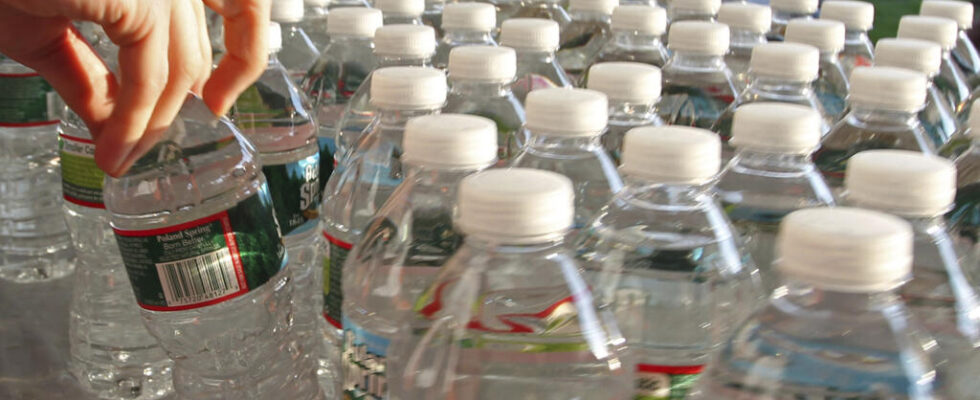The US government announced on Friday, July 19, a plan to phase out the use of single-use plastics in federal operations by 2035. A measure with significant consequences for plastic pollution, given that the US federal government is the world’s largest purchaser of goods and services.
2 min
” Plastic and waste production has doubled in the past two decades, polluting our oceans, poisoning the air breathed by people living near manufacturing plants and threatening public health. “, the US government said in a statement.
The U.S. government’s strategy, which runs more than 80 pages, includes actions at every stage of the plastic life cycle, from production to reprocessing. Under the plan, which is part of a broader effort to combat plastic-related pollution, the federal government will ” will phase out sourcing single-use plastics for its catering, events and packaging activities by 2027 ” Then, it will expand this measure to all federal operations by 2035. These are numerous because the American federal government includes hundreds of agencies linked to different ministries such as the FBI, the weather services or even the armed forces. As for the exact scope of this measure, it must be specified later in the American federal register.
In 2022, the government of Joe Biden had already announced a similar measure for national parks and publicly owned land.
” We welcome the Biden administration’s commitment to phase out single-use plastics “, rejoiced Christy Leavitt, a manager of the NGO Oceana. According to this association, 15 million tons of plastic are dumped into the oceans each year.
Negotiations in November for a global treaty on plastics
Following the Ottawa summit in April 2024, a fifth and final round of negotiations for a global treaty to combat plastic pollution is due to take place in Busan, South Korea, in November 2024.
Read alsoLittle progress towards global agreement on plastic pollution after Ottawa summit
Some countries and environmental NGOs are calling for a sharp reduction in plastic production by 2040. But oil-producing countries and industry lobbies are pushing more for recycling. If current trends continue, by 2040, global plastic production will have doubled and plastic leakage into the oceans will have tripled. ” is alarmed WWF NGOwith serious consequences for the environment and biodiversity.
